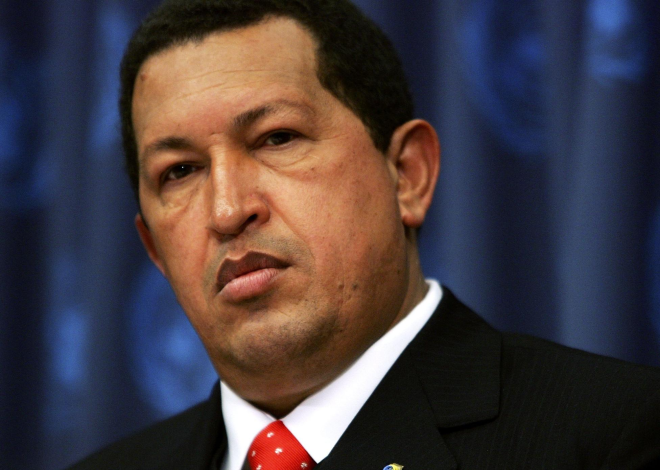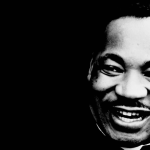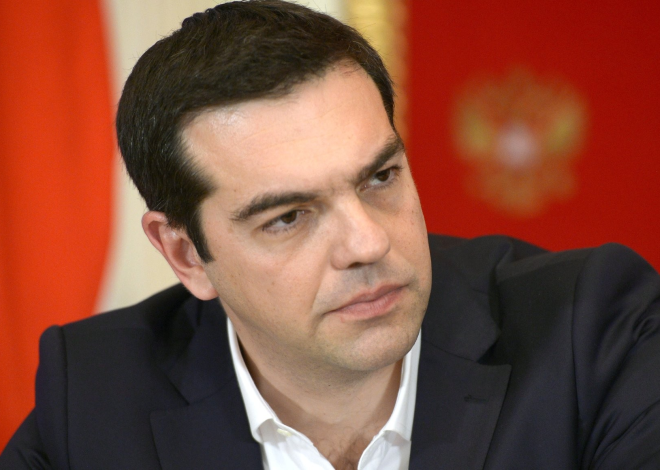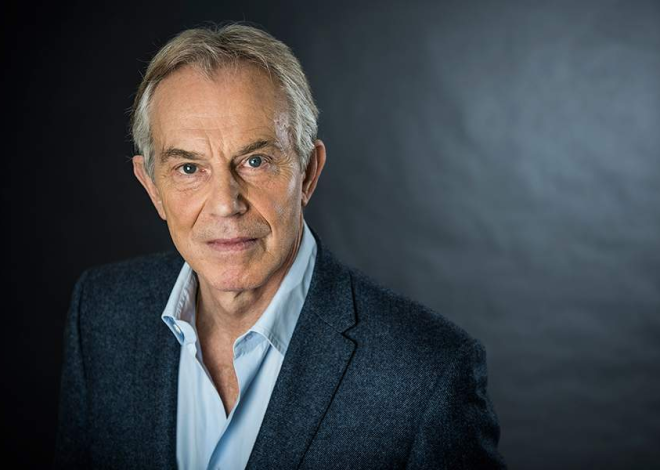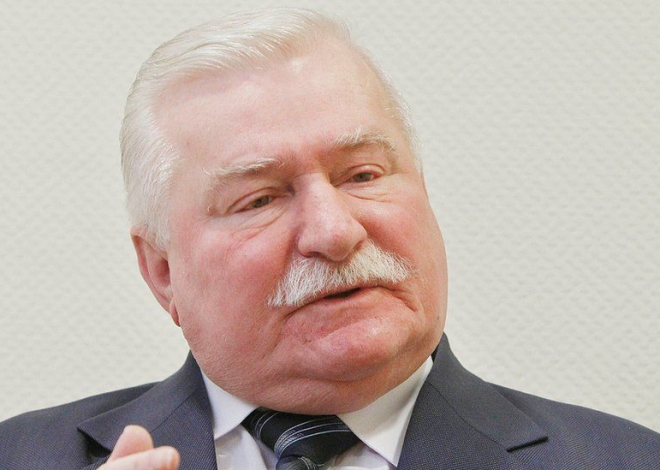
Angela Merkel
Angela Merkel, full name Angela Dorothea Merkel, is a German politician who served as the Chancellor of Germany from 2005 to 2021. She is one of the most prominent and respected leaders in modern European politics.
Here is a detailed history of Angela Merkel:
Early Life and Education:
- Merkel was born on July 17, 1954, in Hamburg, West Germany. She grew up in the town of Templin in East Germany, which was part of the German Democratic Republic (GDR).
- She studied physics at the University of Leipzig and earned a doctorate in quantum chemistry from the Central Institute for Physical Chemistry of the Academy of Sciences in East Berlin.
Entry into Politics:
- Before entering politics, Merkel worked as a research scientist at the Central Institute for Physical Chemistry and later at the Academy of Sciences in East Berlin.
- Following the fall of the Berlin Wall in 1989 and the reunification of Germany in 1990, Merkel became involved in politics. She joined the centre-right Christian Democratic Union (CDU) and became part of the caretaker government of the GDR.
Rise Within the CDU:
- Merkel quickly rose through the ranks of the CDU, becoming the Minister for Women and Youth in the government of Chancellor Helmut Kohl in 1991.
- In 1994, she was appointed as the Minister for the Environment, Nature Conservation, and Nuclear Safety. Her tenure in this role allowed her to build a reputation as a pragmatic and effective politician.
CDU Leadership:
- Merkel was elected as the CDU’s general secretary in 1998, a position that made her the party’s chief spokesperson and strategist.
- In 2000, she became the CDU’s first female leader, marking a significant milestone in German politics.
Chancellorship:
- In 2005, Merkel led the CDU to victory in the federal elections, and on November 22, 2005, she was elected as the Chancellor of Germany. She became the first woman to hold this position.
- Merkel’s chancellorship coincided with major international and domestic challenges, including the global financial crisis, the Eurozone debt crisis, and the refugee crisis.
- Her pragmatic and cautious leadership style earned her the nickname “Mutti” (Mom) in Germany.
Electoral Successes:
Merkel was reelected as Chancellor in the federal elections of 2009, 2013, and 2017, making her one of the longest-serving leaders in modern German history.
Domestic Policies:
Merkel’s leadership saw the implementation of various domestic policies, including labor market reforms, support for renewable energy, and measures to address demographic challenges.
Foreign Policy and European Leadership:
She played a central role in European politics and was seen as a key figure in managing the Eurozone crisis. Her leadership was marked by efforts to maintain the European Union’s unity and stability.
Refugee Crisis:
One of the most controversial aspects of Merkel’s chancellorship was her decision in 2015 to allow over a million refugees into Germany. This decision sparked intense debate and polarized public opinion.
Retirement and Legacy:
- Merkel announced that she would not seek re-election as CDU leader in 2018 and that she would retire from politics after her current term ended in 2021.
- Her leadership left a lasting impact on Germany and the European Union. She is widely regarded as a symbol of stability, moderation, and pragmatic leadership.
- After stepping down as Chancellor, Merkel remained a prominent figure in international politics, serving as a global advisor and advocate for various causes.
Merkel’s career in politics is characterized by her remarkable rise from a scientist in East Germany to one of the most influential leaders in Europe. Her leadership style, including her cautious approach and willingness to compromise, left an enduring mark on German and European politics.
